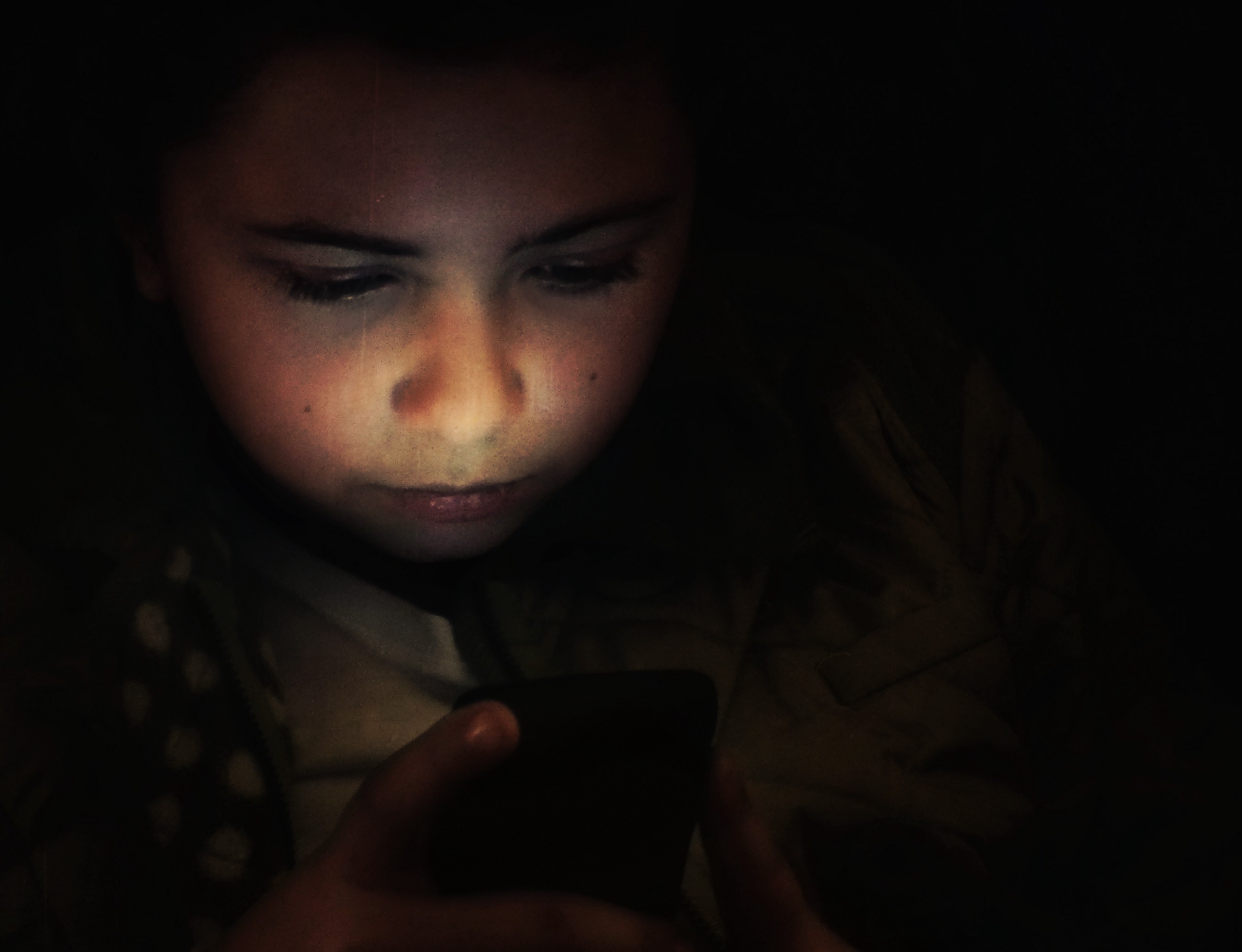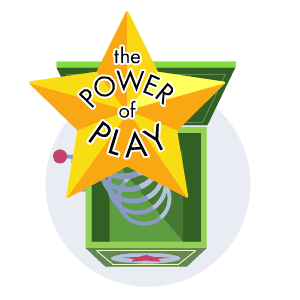

Simon Fox, founding director of Playlab London, learned to cope with his own panic attacks using breath retraining exercises provided by his therapist. He wanted to find a way to share these with other people and wondered if it could be done through gaming.
Inspired by Droqen’s Asphyx–a simple platform game which requires players to hold their breath while their characters are underwater–the result is Flowy, a mobile app that incorporates breathing techniques into gameplay. “I wanted to make [treatment] more approachable and available,” Fox told me.
Depression and anxiety account for a large percentage of mental health problems worldwide. In the United Kingdom, where the app will be launched, three million people experience anxiety disorders–debilitating conditions with high economic and personal costs. Although treatment is possible, few people receive it, with health funding cuts making it now even more exclusive. Flowy hopes to offer a cheap and scalable intervention.
“We don’t plan to replace therapy,” said Fox. “Flowy is designed to work alongside the way the NHS delivers therapy to people who experience panic and anxiety disorders.” Flowy will give its users their data, enabling them to use it alongside other health-tracking apps and traditional therapy. It will also cater to those who don’t have access to treatment.
Due to the nature of anxiety disorders, it’s important that Flowy is a simple game, uncluttered by complicated narrative or game mechanics. In a play session involving a few short tasks, players use breathing retraining exercises to manipulate the game: They hold one button while inhaling and another while exhaling; the controls then translate their breathing into the game world. Flowy‘s aim is to reduce the symptoms of a panic attack by the end of six minutes of play. The app is also equipped to signpost users to other means of support if their condition escalates.
Perhaps using gaming to manage real-world issues has the potential to change our future. In her TED talk, “Gaming Can Make a Better World,” game designer Jane McGonigal described gamers as “super-empowered, hopeful individuals.” We don’t give up in games as easily as we do in real life, she said; we always believe an “epic win” is possible so we keep trying. McGonigal’s research was a powerful inspiration for Flowy. It “gave us the courage to say that our games might do something meaningful,” said Fox. With some seed funding from Bethnal Green Ventures, Playlab has been working on Flowy with the Centre for Anxiety Disorders and Trauma at King’s College London and several National Health Service teams in London and Liverpool.
Committed to constant evaluation, Playlab London is developing the project according to scientific assessment. From the beginning, the team has evaluated the app’s success using a pilot study developed in collaboration with Queen Mary, University of London (and formally reviewed by the Queen Mary Research Ethics Committee).
This trial studied the effects of using Flowy on adults with self-reported anxiety symptoms. It found that the game produced a measurable effect. Users reported a significant growth in quality of life and showed a reduction in the symptoms of panic, anxiety, and hyperventilation. Playlab London plans to undertake a bigger study to help it understand where to take the project next and is currently investigating physical sensors and heart rate.
The game will be available to the public early next year. Until then, there’s a mailing list available at flowygame.com, which provides updates and opportunities to experiment with new ideas.


How We Get To Next was a magazine that explored the future of science, technology, and culture from 2014 to 2019. This article is part of our The Power of Play section, which looks at how fun and leisure can change the world. Click the logo to read more.
